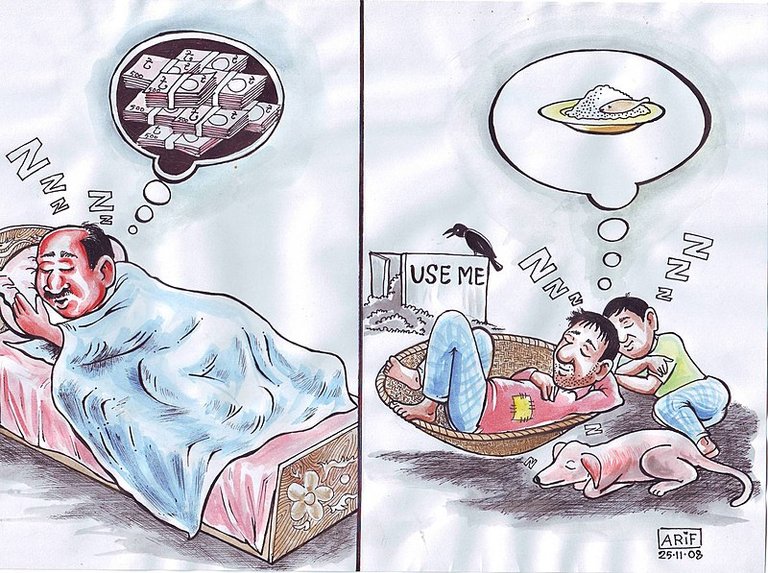Dreams and Their Impact on the Brain While we Sleep
Many have debated the value of the time we spend asleep. It's a fact that we dedicate a significant portion of our lives to slumber, but is it accurate to label it as wasted time? I believe not. Sleep is a vital necessity, as crucial to our brains as it is to our bodies. When we delve into the realm of sleep, we uncover a complex world that profoundly impacts our minds.
When we sleep, our body is usually paralyzed. Typically about 90 minutes after we fall asleep, we begin the Rapid Eye Movement (REM) sleep stage which is when the eyes move back and forth under the closed eyelids. It is the stage where we experience those dreams. Remarkably, brain activity during REM sleep nearly matches that of wakefulness, accompanied by heightened breathing and an accelerated heart rate. However, a curious feature of this stage is the body's immobility. This paralysis is orchestrated by structures in the brain stem, preventing us from acting out our dreams, effectively relaxing our muscles and suppressing motor activity.

To achieve this muscle relaxation, neurons in the Pons region signal and activate neurons in the medulla. These neurons then send messages to motor neurons in the spinal cord, instructing them to keep the muscles relaxed. When there's a malfunction in this system, individuals may physically act out their dreams while asleep in a condition known as Rapid eye movement (REM) sleep behavior disorder (RBD) where they kick, swing arm and perform other big movements. Anyways, this disorder can be treated using Clonazepam which is a medication primarily prescribed for seizures, the other one is Melatonin which is the hormone the body secretes to keep us asleep.
During REM sleep the brain does other functions such as releasing chemical that strengthens the connection in the brain to help remember things better. When we sleep, some people can remember their dreams, while others cannot remember their dreams but we all have dreams but some people are better are remembering than other. There are a few REM cycle when we sleep, and each circle can last from 1 minute to 60 minutes and during this period, the brain functions like we are awake for instance, when we are awake, blood flows a lot into the cerebral cortex which plays a role in decision making and creative thinking, the blood also flows into the limbic system which is responsible for emotional control to the things we experience. Just as those parts are active while awake, they are active during REM sleep.

Dreaming remains a mysterious phenomenon, with scientists yet to fully comprehend its mechanisms. While dreams are often associated with the REM sleep phase, they can also occur during Non-REM sleep phases. One theory proposes that dreams play a role in learning and memory consolidation through cognitive-level memory reactivation. Essentially, the brain reactivates neurons associated with recently acquired information during our waking hours, potentially strengthening those memories.
Another theory states that our dreams are controlled by our emotions before going to bed. The theory explains that with stronger emotions come simpler dreams while with multiple emotions, comes dreams that are complex and complicated. This actually explains the connection between dreams and trauma where people who have experienced have series of dreams related to how they feel, and this is common with people who suffer from post traumatic stress.
,
Despite these intriguing theories, some scientists still argue that dreams lack any inherent purpose, viewing them as the byproduct of neurons firing randomly during sleep. In the ongoing exploration of this enigmatic realm, the true nature and significance of our dreams remain a subject of fascination and inquiry.
Image 1 || Wikimedia Commons || Sleep and dream
Image 2 || hippopx || sleep
Thanks for your contribution to the STEMsocial community. Feel free to join us on discord to get to know the rest of us!
Please consider delegating to the @stemsocial account (85% of the curation rewards are returned).
Thanks for including @stemsocial as a beneficiary, which gives you stronger support.
Quite still a mystery that one will still be living in another world and the brain functioning even though he is asleep